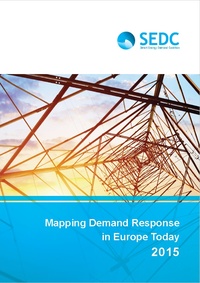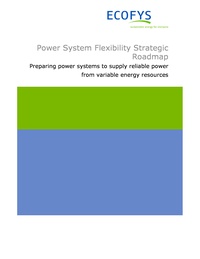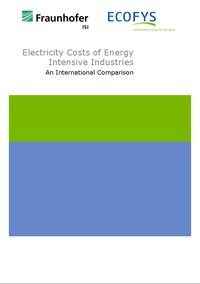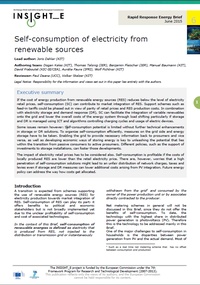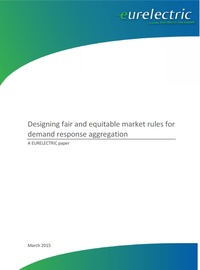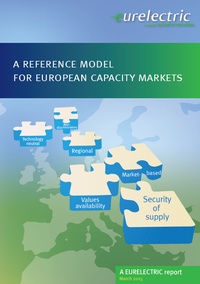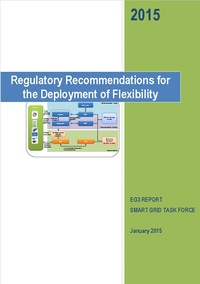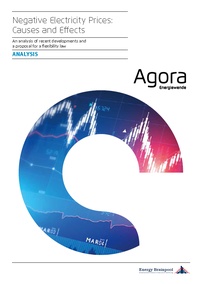Mapping Demand Response in Europe Today
The Smart Energy Demand Coalition (SEDC) has just announced the publication of their latest market review, “Mapping Demand Response in Europe Today (2015)”. The report maps the progress of Member States in enabling “explicit” Demand Response programmes. It reviews the regulatory structures of 16 countries: 14 EU Member States, plus Norway and Switzerland. In order to further support these efforts, it provides overarching guidelines and technical information on how consumer-oriented Demand Response can be unlocked.

